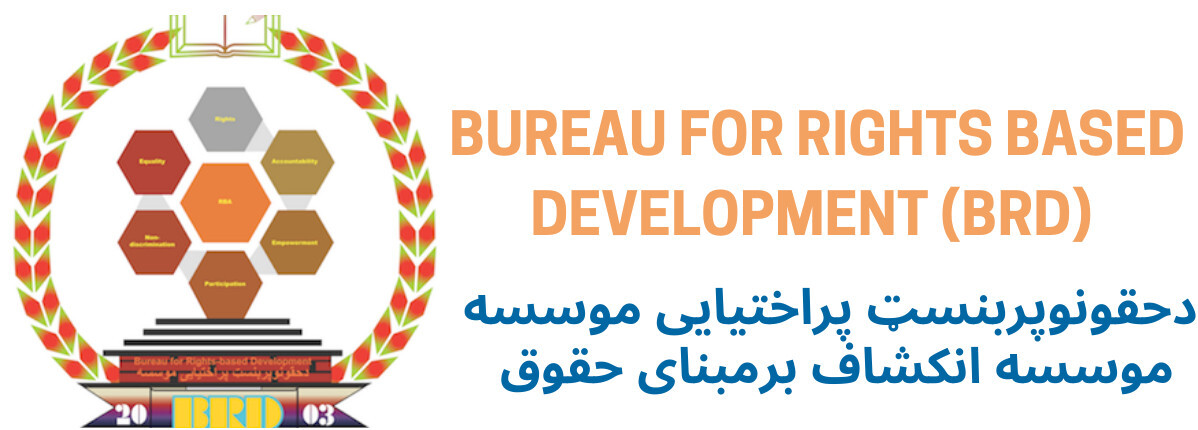How We Work
How BRD Work
At BRD, our work is driven by a deep commitment to human rights, social justice, and sustainable development. We believe that lasting change begins with empowering communities—especially the poor and marginalized—to claim their rights, participate in decision-making, and shape their own futures. Our approach is holistic, inclusive, and rooted in global best practices, ensuring that every initiative we undertake contributes meaningfully to a fairer, more equitable world. We work through strategic partnerships, evidence-based programming, and a rights-based framework that addresses the root causes of poverty and exclusion. Our efforts span humanitarian response, development cooperation, and advocacy, all aligned with international standards and the Sustainable Development Goals (SDGs).
Our Theory of Change
We believe that marginalized and poor communities possess the potential and knowledge to overcome poverty and claim their rights. By raising awareness and organizing communities around solidarity and advocacy, we empower them to challenge the structural causes of poverty and injustice.
Our Human Rights-Based Approach (HRBA) is central to this transformation. We focus on:
- Empowering individuals with knowledge and skills
- Promoting meaningful participation in decision-making
- Supporting communities—especially women and marginalized groups—to gain confidence and control over resources
Our Approach and Methods
BRD, approach is rooted in the belief that sustainable development and poverty eradication must be driven by human rights, community empowerment, and inclusive participation. We combine strategic programming with a Human Rights-Based Approach (HRBA), working collaboratively with local communities, civil society organizations, and duty-bearers to foster transformative change. Our methods are designed to be participatory, accountable, and adaptable to the diverse needs of the people we serve.
Human Rights-Based Approach (HRBA)
BRD connects poverty eradication with human rights. We empower right-holders to:
- Know and claim their rights
- Access resources and services
- Hold duty-bearers accountable
We work with both state and non-state actors to promote accountability and use HRBA as a tool for policy advocacy at national and international levels.
Partnerships and Dialogue
We collaborate with local CSOs, community-based organizations, and stakeholders to:
- Facilitate inclusive dialogue
- Influence policies and decisions
- Promote sustainable development and human rights
International Development Principles
BRD aligns its programs with global best practices, including:
- Paris Declaration (2005)
- Accra Agenda for Action (2008)
- Busan Outcome Document (2011)
We ensure:
- Local ownership and participation
- Alignment with national strategies
- Contribution to Sustainable Development Goals (SDGs)
Gender Equality
We mainstream gender across all operations by:
- Conducting gender analysis
- Addressing root causes of inequality
- Using disaggregated indicators and data
- Implementing gender-sensitive monitoring and evaluation
Environmental Sustainability
BRD integrates environmental considerations through:
- Environmental Management Systems (EMS)
- Risk identification and mitigation
- Environmental Impact Analysis (EIA)
Conflict Sensitivity
We apply the Do No Harm principle and assess power dynamics to:
- Avoid negative impacts
- Promote impartiality
- Treat communities as partners in change
Poverty Eradication Strategy
We address poverty as a multidimensional issue through:
- Power and Voice – Empowering communities to claim rights
- Resources – Providing sustainable livelihood opportunities
- Opportunities and Choice – Supporting education and youth development
Commitment to Sustainable Development Goals (SDGs)
BRD is deeply committed to advancing the United Nations Sustainable Development Goals (SDGs) through its rights-based development programs. These goals are fully integrated into BRD’s work ensuring that all initiatives contribute to inclusive, equitable, and sustainable development. BRD supports 13 of the 17 SDGs, focusing on areas such as poverty eradication, gender equality, quality education, clean water and sanitation, decent work, reduced inequalities, climate action, and strong institutions. Each program is designed to address systemic barriers and promote local ownership, resilience, and accountability—ensuring that no one is left behind.
Humanitarian Principles and Standards
Core Humanitarian Principles
- Humanity – Protect life and dignity
- Neutrality – Avoid political or ideological bias
- Impartiality – Serve based on need
- Independence – Maintain autonomy
Core Humanitarian Standards (CHS)
We follow SPHERE standards and ensure:
- People-centered response
- Coordination and collaboration
- Needs-based assessment
- Transparent performance and learning
- Competent aid worker support
Accountability to Affected Populations (AAP)
BRD is committed to:
- Delivering relevant and timely assistance
- Promoting resilience and preparedness
- Ensuring access to information and complaint mechanisms
- Learning and improving through feedback
- Ethical and efficient resource management
